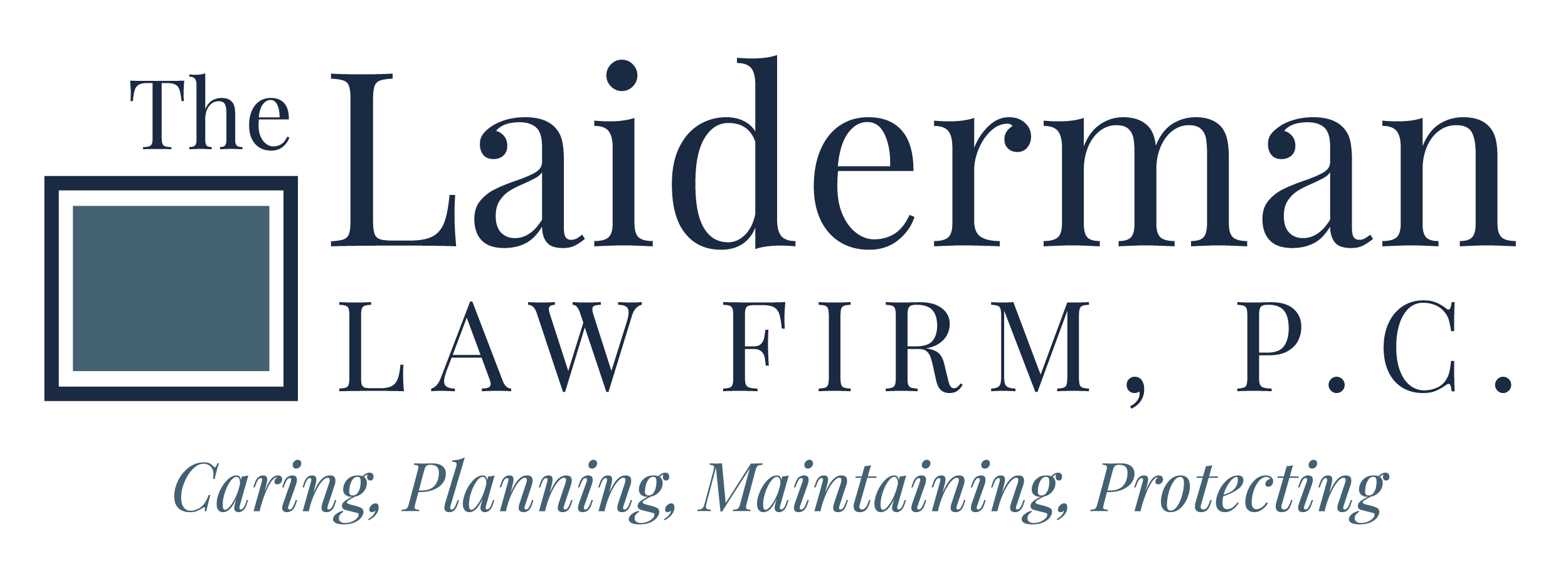- Thou shalt release thy preconceived notions. All too often, many think that estate planning is only for those with significant wealth. However, people of all wealth levels are generally always engaging in some form of estate planning, whether they realize it or not. When you open accounts with another person, when you hold any assets in your own name, and when you add beneficiaries on accounts, you are estate planning. However, whether you have minimal to significant wealth, do you have wishes for what would happen with it on your disability or death? So, realize it’s not about how much you have, but rather, how much you care.
- Thou shalt know thy options. Think about your goals and concerns related to providing for yourself and your family upon your disability and death. The danger in tackling this topic on your own is that generally, you don’t know what you don’t know; finding the appropriate guidance is key. Meeting with an attorney who focuses their practice in estate planning, who takes the time to ask about you and your family, and who walks you through mapping out your goals and concerns, will help you start to breathe life into your plan. The attorney should also focus on educating you about trusts, wills, probate, taxes, and the options available to help you accomplish your goals and address your concerns.
- Thou shalt understand that probate has two faces. Many people associate probate with assets passing at death, but it also relates to assets for the living, namely for those who are minors, and those who are incapacitated. Minors cannot own or inherit property, so think twice about naming your minor children as beneficiaries on your assets, such as life insurance policies. If they inherit as minors, the probate court will need to be involved through what is called a “conservatorship,” which is a supervised process for the use and management of those funds for the benefit of the minor child, until that child turns 18 years old. When the child turns 18, the child gets all the money outright. For those who are incapacitated and unable to manage their assets, a conservatorship will also be required if there is no general durable power of attorney in place. So, rest assured – if you leave money to minors, or have no plan for incapacity, Missouri has a plan for the probate court to step in, which may or may not be your preference.
- Thou shalt understand that powers of attorney are unreliable. A power of attorney is a document in which you grant another person the broad power to access or control whatever you own. Having a power of attorney can help to avoid the conservatorship process in the event of incapacity, however, even if you have a power of attorney, there is no guarantee that it will work. There is no law that requires any financial institution to honor a power of attorney, so verifying that a financial institution will accept your power of attorney before it is needed is vital to your estate plan. Many are also unaware that powers of attorney no longer work after you pass away. So, the “power of attorney” plan for financial matters can only work while you are alive. Powers of attorney are also used to appoint your medical decisionmakers. However, if your power of attorney for medical decisions is dated prior to 2003, it likely does not contain HIPAA release language whereby it would appoint the individual of your choice to advocate for you and access your protected health information.
- Thou shalt understand that titles control. Although many rely on using beneficiary designations and joint ownership to bypass the need for probate, this form of estate planning assumes that life goes as planned, or in other words, that life events happen in the “correct order.” Unfortunately, many often experience the opposite. Frequently, relying on this type of estate planning causes assets to pass to unintended parties, such as other relatives, or worse, creditors. It can even result in probate if your designated beneficiary has become incapacitated, or passed away, and you never changed the beneficiary designation. Whatever your plan, it’s important to synchronize account ownership, titling, and beneficiary designations with that plan.

